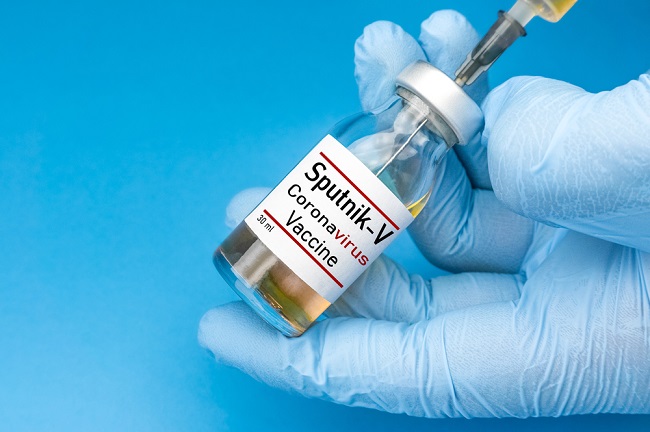Almost everyone has experienced a hoarse voice, both when speaking and singing. This condition can be caused by various things and the treatment steps must be adjusted according to the cause.
The term hoarseness is used to describe abnormal voice changes. When the voice becomes hoarse, the voice that comes out of the mouth will sound heavy, wet, hoarse, or there may be changes in volume (loudness) and intonation (high or low voice).

There are several things or conditions that can cause a hoarse voice, including:
- Infections of the vocal cords and throat, eg laryngitis and ARI
- Allergic reactions in the throat and vocal cords
- Reflux of stomach acid or acid reflux into the throat
- Vocal cord lumps due to benign tumors, polyps, or cancer
- Nerve disorders of the vocal cords
- Smoking habits and consuming drinks containing caffeine or alcohol
In addition to some of the things above, hoarseness can also be caused by excessive use of the vocal cords, such as shouting or laughing too loudly. This condition is quite common in people who work as singers, teachers, broadcasters, and actors.
Treatment of Hoarseness Based on the Cause
Because it can be caused by many things, hoarse voice conditions, especially those that don't go away, should be checked by an ENT doctor.
To determine the cause of the hoarseness experienced, the ENT doctor will perform a physical examination of the throat and vocal cords as well as other examinations, such as laryngoscopy, vocal cord biopsy, X-rays, and evaluation of voice quality which includes tone and volume of the voice.
After the doctor determines the cause of the hoarseness experienced, the doctor will determine the treatment steps. The types of treatment that can be carried out are as follows:
1. Administration of drugs
Giving drugs, such as antibiotics, aims to treat hoarseness due to ARI and laryngitis caused by bacterial infections. Meanwhile, infections of the vocal cords due to viral infections generally subside on their own.
To treat hoarseness due to acid reflux disease (GERD), doctors can prescribe stomach acid relievers and antacids.
Doctors may also prescribe corticosteroid medications to treat hoarseness that occurs due to swelling of the vocal cords due to an allergic reaction or irritation to cigarette smoke or pollution.
2. Not talking for a while
When you experience hoarseness, your doctor will generally advise you not to speak or talk less for some time. This is intended to rest the vocal cords and help relieve swelling or irritation of the inflamed vocal cords.
3. Speech therapy or sound therapy
This method can be applied in overcoming hoarseness caused by smoking habits and vocal cord muscle paralysis (vocal cord paralysis). In practice, voice therapy is supported by other treatment methods such as vocal cord surgery, depending on the cause and severity of the condition.
4. Vocal cord surgery
Vocal cord surgery is a surgical procedure to remove lumps due to tumors, polyps, cysts, tumors, or cancer on the vocal cords. Vocal cord surgery is usually performed if hoarseness does not improve with medication or voice therapy.
How to Relieve Hoarseness
In addition to the various ways above, you can also perform the following steps at home to relieve hoarseness:
- Drink lots of water to keep the throat and vocal cords moist.
- Stay away from drinks that contain caffeine and alcohol.
- Improve your diet to reduce excess stomach acid production, if hoarseness is caused by acid reflux or GERD.
- Use humidifier rather the air in the room is not dry.
- Stop smoking and stay away from secondhand smoke.
- Rest your vocal cords by speaking less for some time.
Hoarseness is usually harmless and will subside on its own after a few days.
However, you should see an ENT specialist if your hoarseness doesn't improve after more than 2 weeks or if you experience other symptoms, such as difficulty swallowing or shortness of breath. This indicates that the hoarseness you are experiencing may be due to a serious medical condition that requires immediate medical attention.









